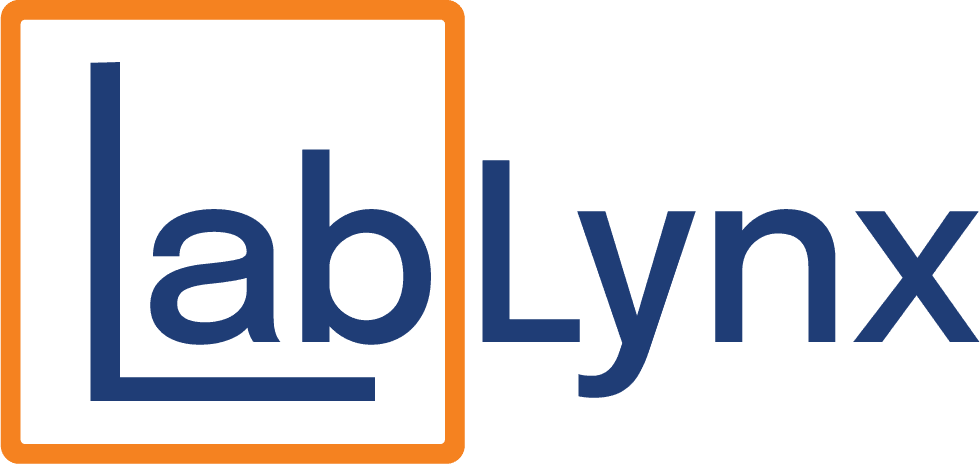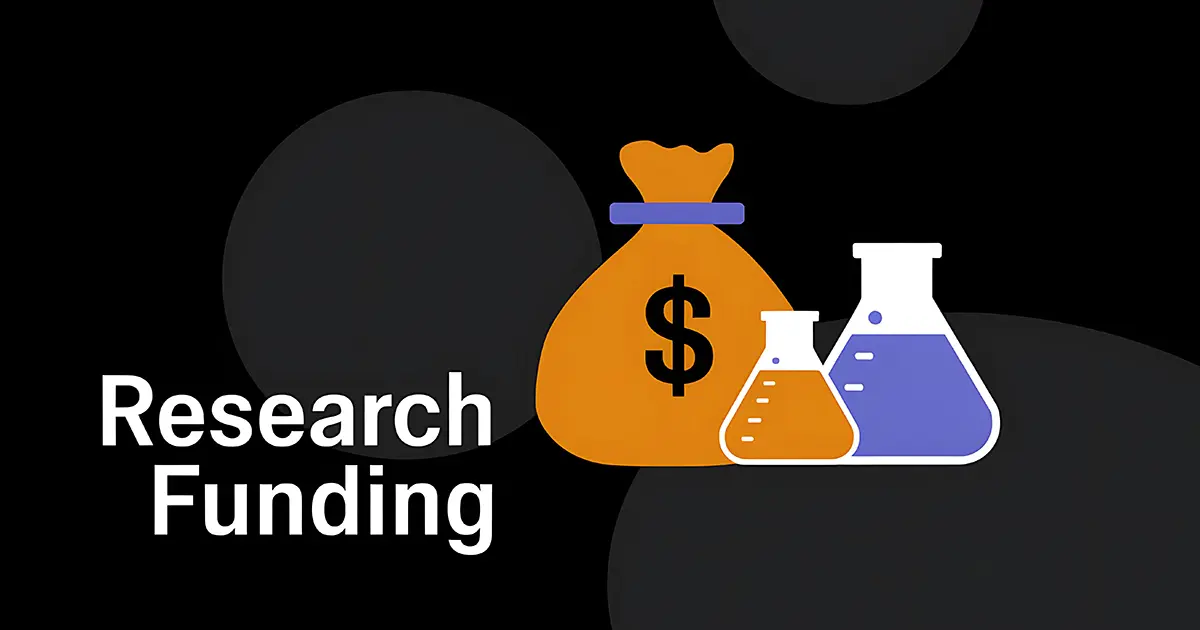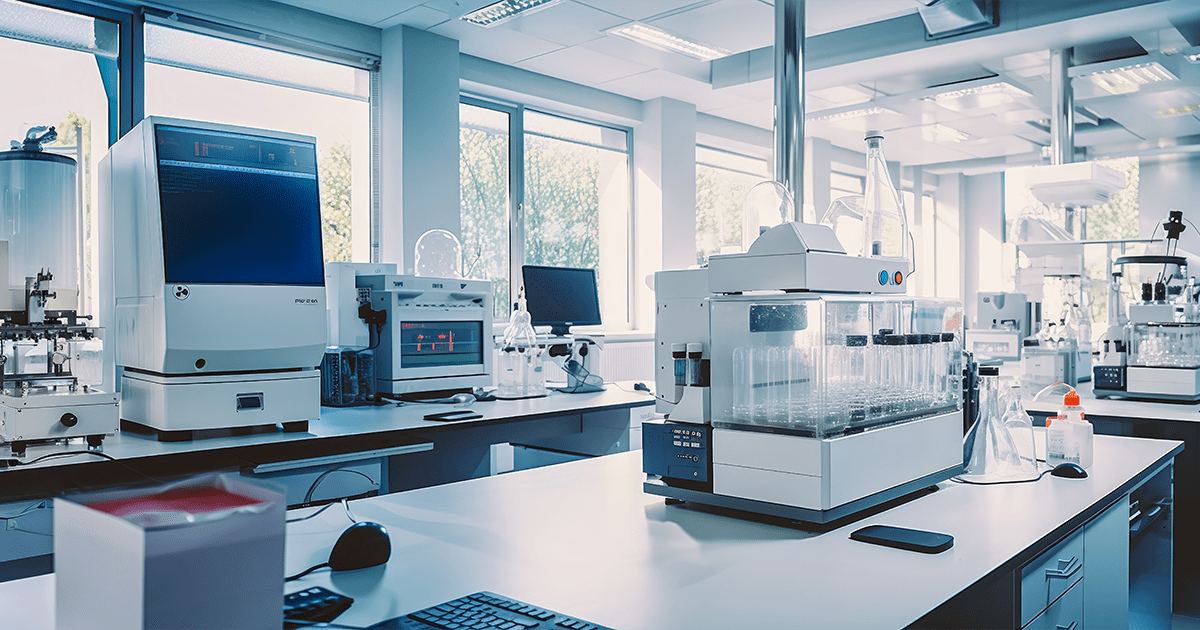Can an ELN Help With Grant Reporting and Audits?
April 17, 2025
In the world of research, every experiment tells a story—but if that story isn’t properly documented, funded, and audit-ready, it might never see the light of day. Researchers and lab managers alike know that winning a grant is only the beginning. The real work begins when it’s time to demonstrate how that funding is being used. With tightening compliance standards…










